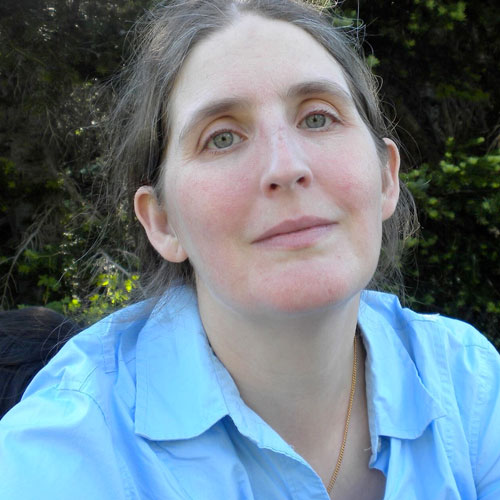Margaret Wan Awarded Fellowship by the Institute for Advanced Study

Margaret Wan
Congratulations to Professor Margaret Wan (World Languages & Cultures), who has been awarded a fellowship by the Institute for Advanced Study (IAS) for the 2025–26 academic year.
This prestigious fellowship allows for focused research and the free and open exchange of ideas among an international community of scholars at one of the foremost centers for intellectual inquiry.
During her fellowship, Wan will work on the development of concepts of individual agency as witnessed in the changing content of Chinese short stories and their transmission from the fifteenth to nineteenth centuries. This research explores the key role access to books played in shifting ideas and the influence of expanding access to print on the integration of Chinese culture.
Says Wan, “I am thrilled to have this opportunity. I am looking forward to being a part of interdisciplinary conversations in the scholarly community at the Institute for Advanced Study.”
Each year, IAS welcomes more than 250 of the most promising post-doctoral researchers and distinguished scholars from around the world to advance fundamental discovery as part of an interdisciplinary and collaborative environment. Visiting scholars are selected through a highly competitive process for their bold ideas, innovative methods, and deep research questions by the permanent Faculty—each of whom are preeminent leaders in their fields. Past IAS Faculty include Albert Einstein, Erwin Panofsky, John von Neumann, Hetty Goldman, George Kennan, and J. Robert Oppenheimer.
Located in Princeton, NJ, the Institute for Advanced Study was established in 1930. Today, research at IAS is conducted across four Schools—Historical Studies, Mathematics, Natural Sciences, and Social Science—to push the boundaries of human knowledge.
Among past and present scholars, there have been 35 Nobel Laureates, 44 of the 62 Fields Medalists, and 23 of the 27 Abel Prize Laureates, as well as MacArthur and Guggenheim fellows, winners of the Turing Award and the Wolf, Holberg, Kluge, and Pulitzer Prizes.
